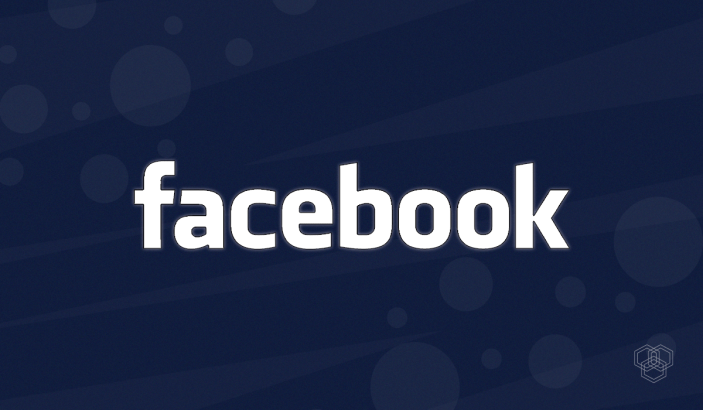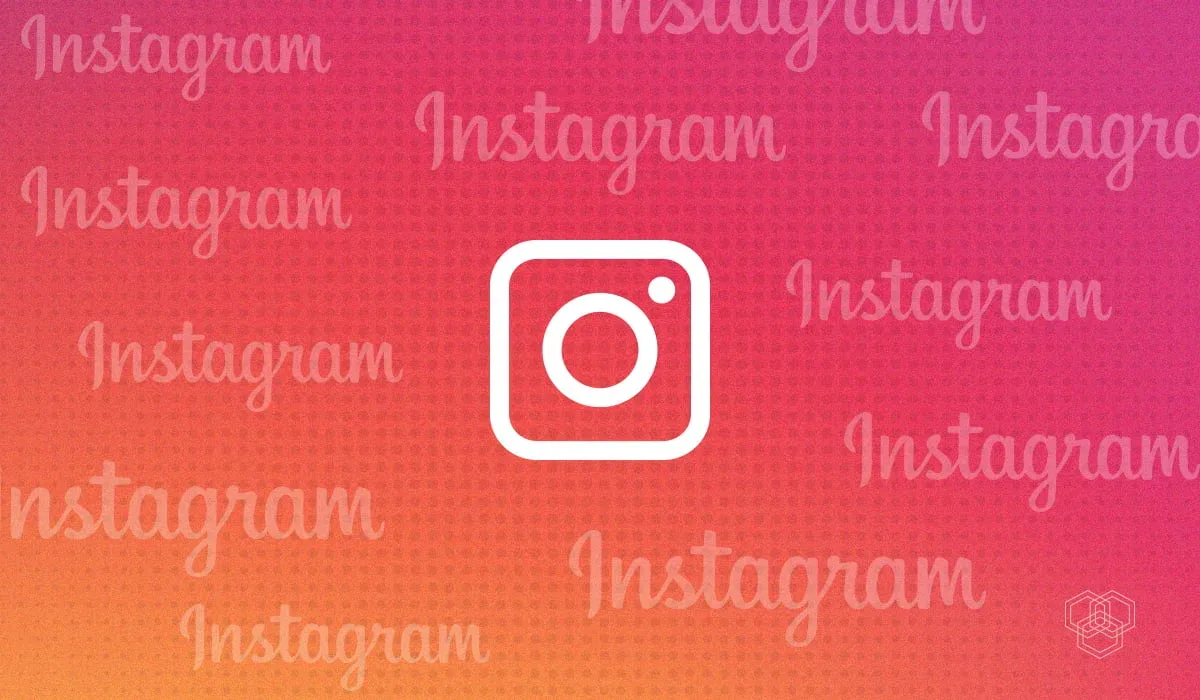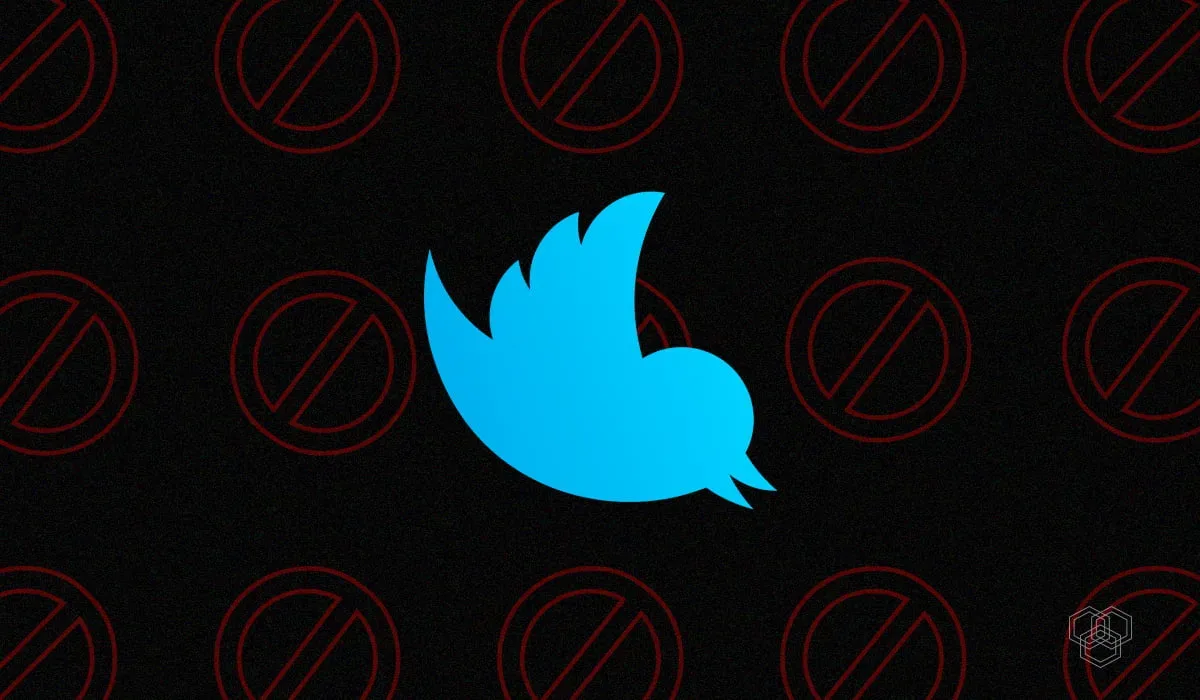Facebook has labeled hundreds of pages linked to Russia as perpetrators of false news. Facebook claimed yesterday that the Russian Sputnik news agency was involved in serious misdemeanors that violated its policy by engaging in “coordinated inauthentic behavior.”
Facebook’s head of cybersecurity policy, Nathaniel Gleicher, made an official blog post on behalf of Facebook on January 17th. He said:
“Today we removed multiple Pages, groups and accounts that engaged in coordinated inauthentic behavior on Facebook and Instagram. The two operations we found originated in Russia, and one was active in a variety of countries while the other was specific to Ukraine. We didn’t find any links between these operations, but they used similar tactics by creating networks of accounts to mislead others about who they were and what they were doing.”
Taking Action Against Fake News
Facebook has suffered colossally in the past over the distribution of fake news on its platform. This includes false stories spread about politicians during the 2016 US Presidential elections, which originally put Russian hackers in the limelight.
Facebook has admitted that in the past it has been less than willing to monitor the way their platform is being used. This time, however, it has taken prompt action.
Facebook removed 500 pages and accounts and claimed 364 of those were linked to Sputnik. Sputnik is a sister agency of the news channel Russia Today, which is funded by the Russian government.
“Despite their misrepresentations of their identities, we found that these Pages and accounts were linked to employees of Sputnik, a news agency based in Moscow, and that some of the Pages frequently posted about topics like anti-NATO sentiment, protest movements, and anti-corruption.”
These accounts had more than 900,000 followers and spent a total of roughly $160,000 on advertisements. The majority were operating out of Russia but spreading propaganda to several other countries, including the Ukraine and countries in Eastern Europe, Central Asia, the Caucasus, and the Baltic Sea States.
US intelligence agencies uncovered their relationship with Sputnik and Facebook now hopes to deliver data on the accounts back to US authorities for further investigation.
Previously, Facebook removed 107 pages and 41 Instagram accounts after US agencies alerted them to policy violations.
The Response
The response to Facebook shutting down Sputnik’s pages has not been pleasant. The news agency has accused the social media giant of having a political agenda. Sputnik denies that it spread fake news.
Sputnik issued a press release that said:
“The decision is clearly political in its nature and, as a matter of fact, is practically censorship — seven [Facebook] pages belonging to our news hubs in neighbouring countries have been blocked. Sputnik editorial offices deal with news and they do it well. If this blocking is Facebook’s only reaction to the quality of the media’s work, then we have no questions, everything is clear here. But there is still hope that common sense will prevail.”
It’s nice to see Facebook doing something about users who misrepresent themselves on the platform. But is it too little too late?





Share Your Thoughts